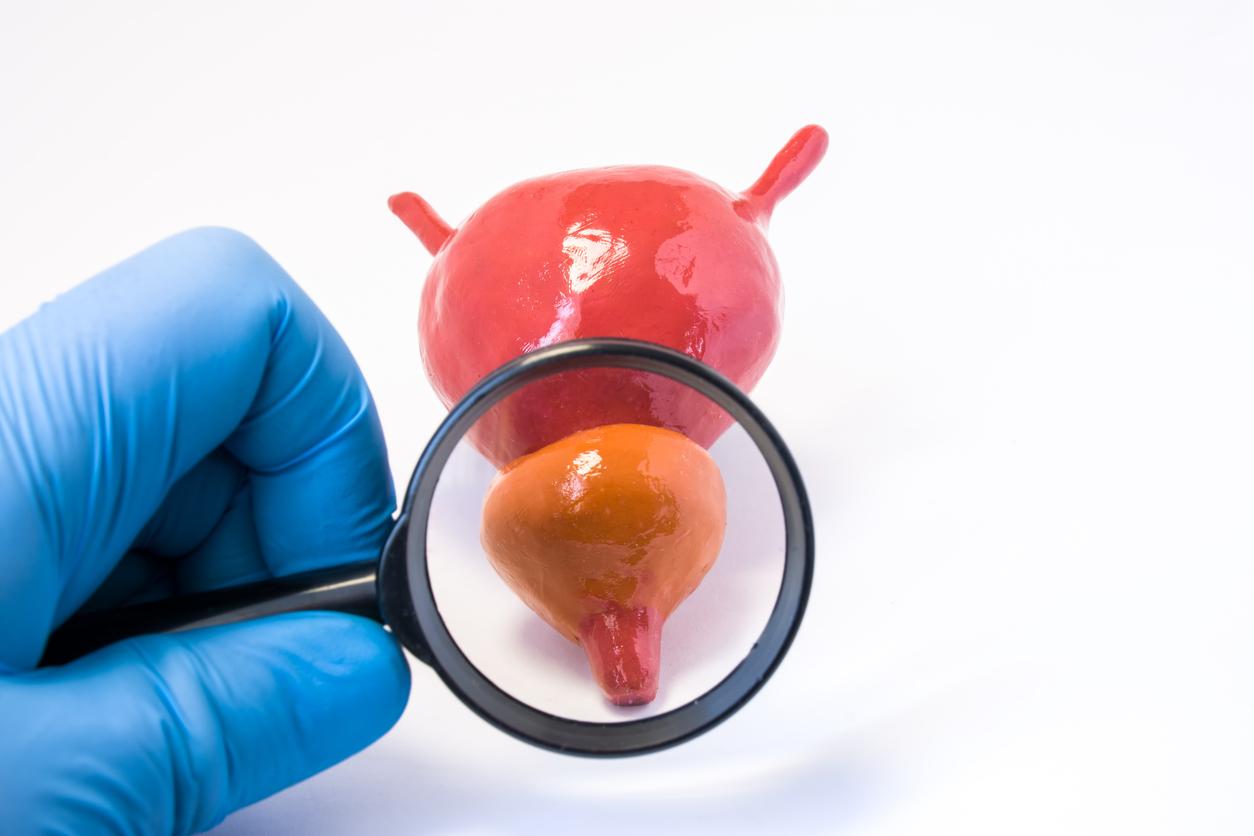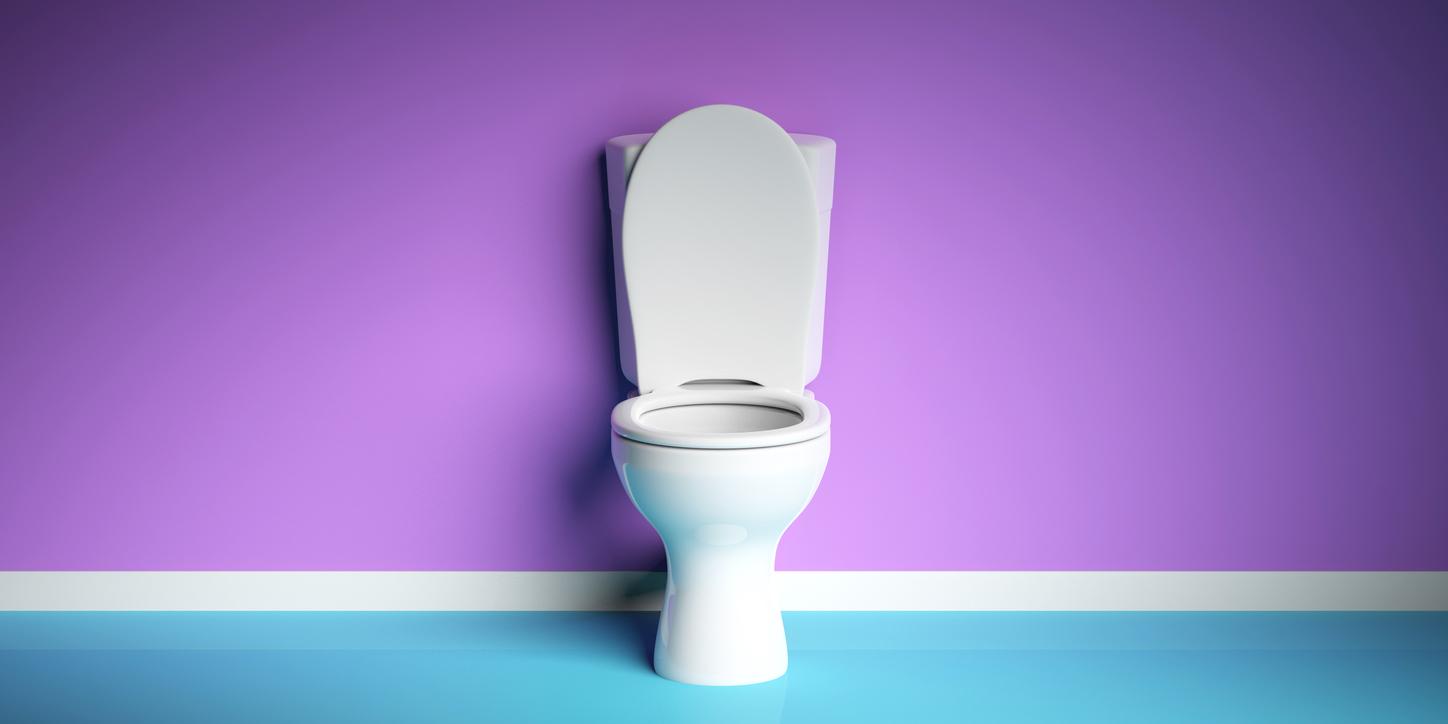Most of the time, when a urinary tract infection occurs, it is because of the bacteria E. coli (80% of cases). If cystitis is very frequent, and affects more than 50% of women, some are recurrent. During a study, Inserm in collaboration with the Toulouse University Hospital, INRAE, the University of Toulouse III and the National Veterinary School of Toulouse, realized that recurrent infections could be due to changes in the DNA of the bladder. Explanations.
Urinary tract infections affect 150 million women per year. To treat them, antibiotics are often necessary. They therefore contribute to a major public health problem, insofar as they promote antimicrobial resistance. To understand why they come back so often in some patients, researchers have studied the virulence of the bacteria that cause them: can they infect or damage the host’s tissues?
Genetic modification of the bladder
223 adults, affected by cystitis due to the bacteria E. coli had their urine analyzed by the study researchers. These have identified a biomarker in 25% of cases, colibactin, a toxin capable of penetrating and damaging the DNA of the lining of the bladder. This observation was made on mice. We speak of a “genotoxic effect”.
“While we can only speculate on the impact of these mutations at this time, it is likely that they are associated with an increased risk of bladder cancer.“, specified the director of the study Eric Oswald. this toxin has already been identified in the intestinal microbiota, as a risk factor for colorectal cancer, the researchers think it might be interesting to link the two.
These results open up prospects for treatment. “In proposing therapeutic approaches aimed at modulating the composition of their intestinal microbiota, which represents the main reservoir of E. coli bacteria implicated in these urinary tract infectionsBesides that, the team is working to develop specialized probiotics.
Source : Uropathogenic E. coli induces DNA damage in the bladder, Plos Pathogens, February 2021.
Read also:
- Bladder: how to take care of it on a daily basis
- Blood in the urine: when to consult?

















